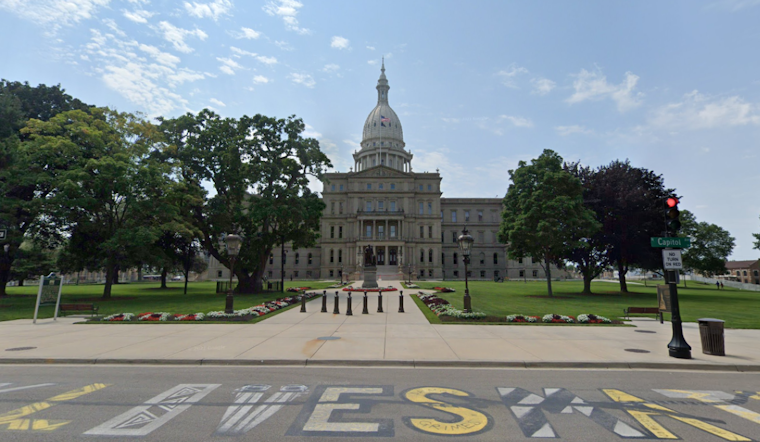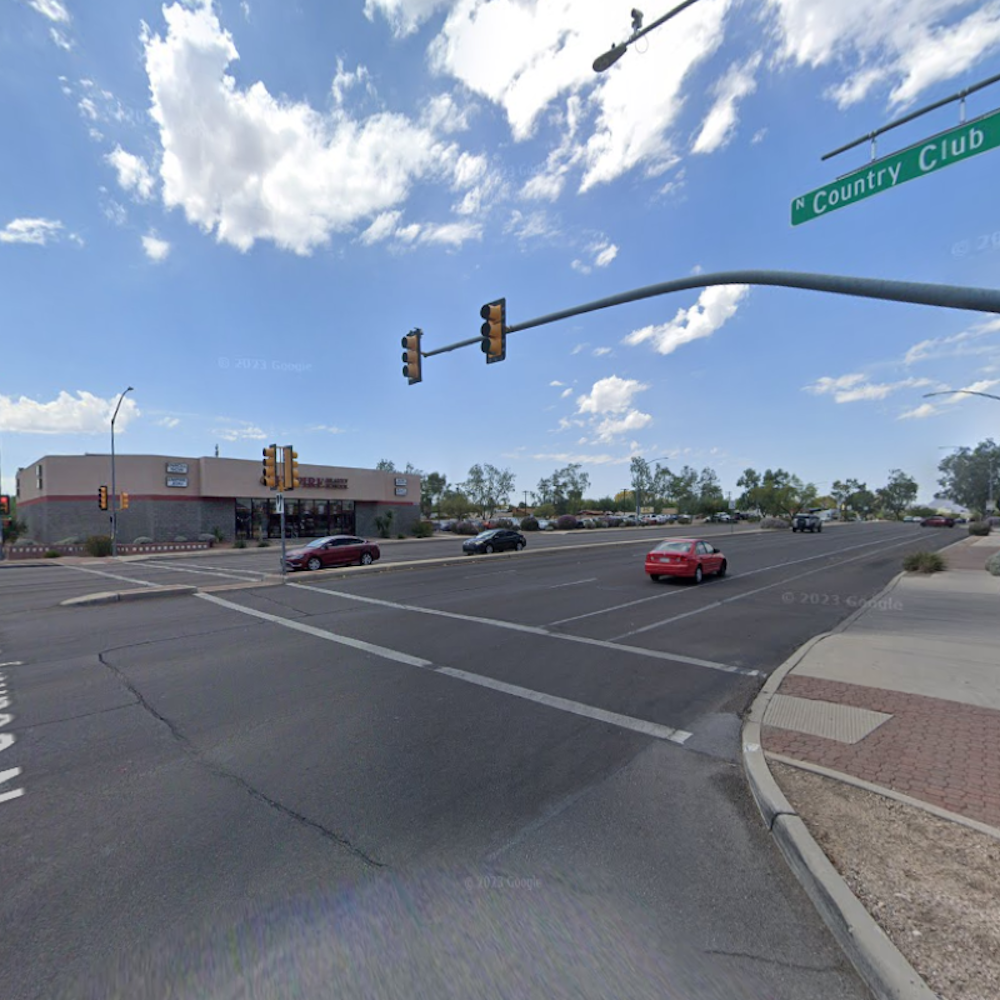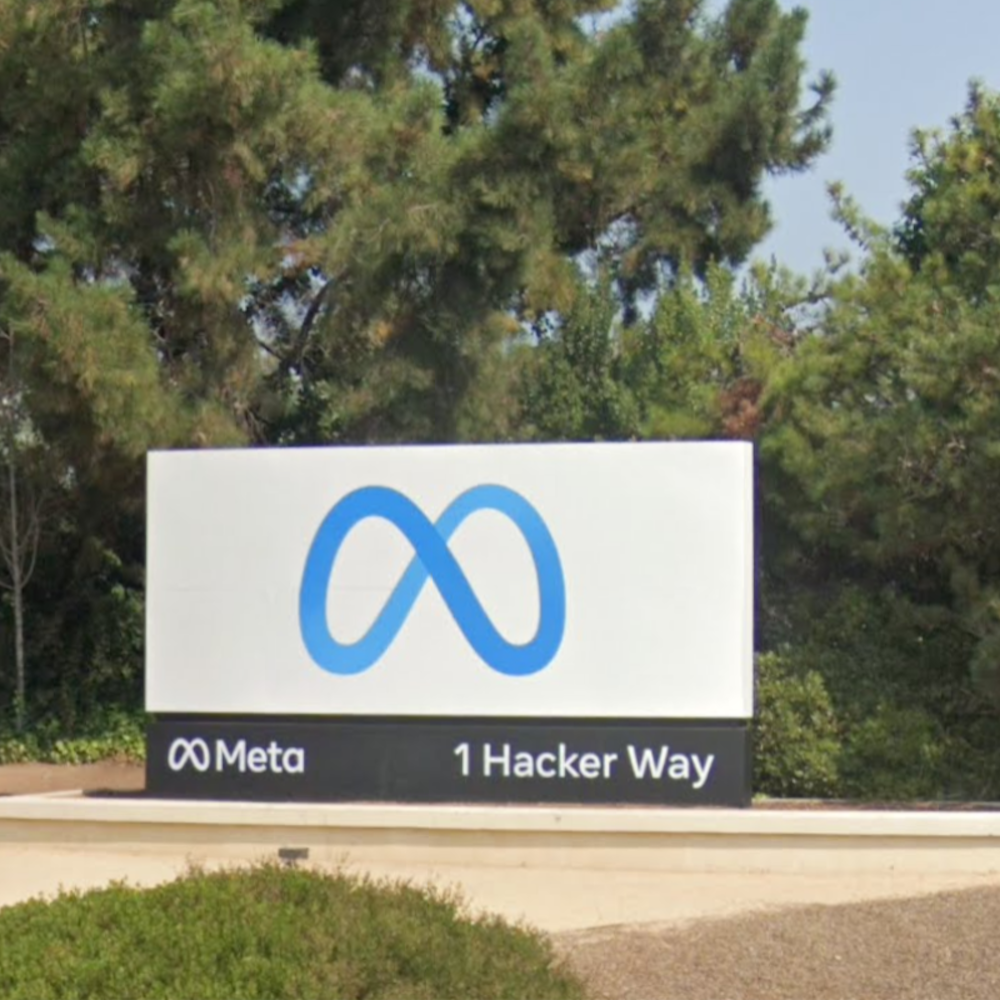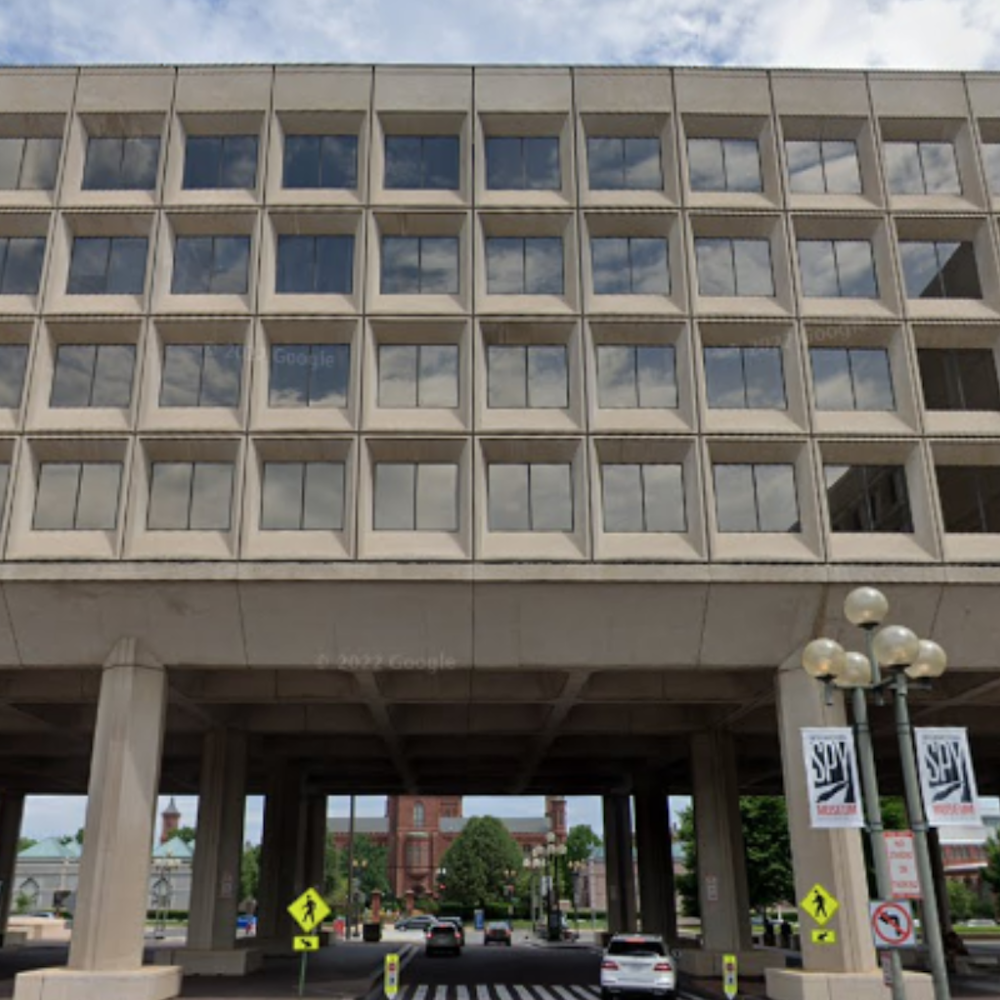
As Tax Day hits for most Americans, some residents in Michigan have received a reprieve in light of last year's calamitous weather; individuals and businesses hailing from nine county areas battered by the severe August storms can rest easy for a few more months before they must confront their tax obligations, as The Detroit News reports.
Surviving an event of nature's unpredictable ferocity, one which turned their worlds upside down is never a solo journey; it's a collective endeavor, and recognizing the widespread impact, the IRS has shown clemency through extensions. This grants those affected until June 17 to file various state tax forms instead of April 15, including individual income tax and business tax among others. Claimants eligible for this extension are those with residences or business operations within the federally declared disaster zones—namely Eaton, Ingham, Ionia, Kent, Livingston, Macomb, Monroe, Oakland, and Wayne counties, according to FOX 2 Detroit.
The span of destruction those summer storms wrought was as swift as it was severe, with floods and tornadoes ravaging homes and livelihoods, and it was perhaps a natural presumption that the federal and state tax authorities would make some accommodations. State Treasurer Rachael Eubanks underlined the necessity of this respite, asserting, "By providing tax relief, disaster survivors will have more time to focus on recovering and getting their lives back to a sense of normalcy," as divulged by The Detroit News.
To secure this delay at the state level, the Michigan Department of Treasury necessitates an application with the taxpayer’s name, account number, and a specific description of how the federal disaster has directly influenced them, such as property damage or displacement in the case of businesses unable to operate normally while federal measures for relief do not require the afflicted to take such actions, they are automatically applied to those with IRS records within come areas, as ClickOnDetroit specifies.
For Michigan's hardest-hit communities, Detroit stands apart—it handles its tax extensions automatically; for other city-level taxes, residents should reach out to their local municipalities for any potential waiver possibilities. When last summer's skies darkened to unleash their fury, they left a trail of disruption, but through these government concessions, a fragment of solace is extended; and it is perhaps this collective empathy embodied in extensions and relief options, that underline the resilience and the interdependency threading through our social fabric.









